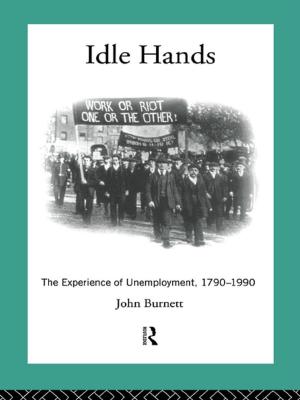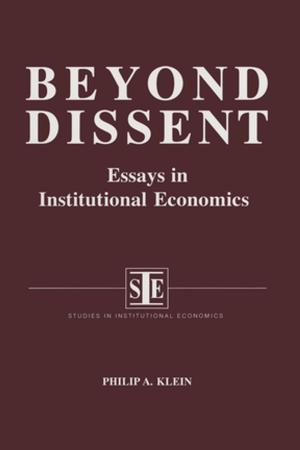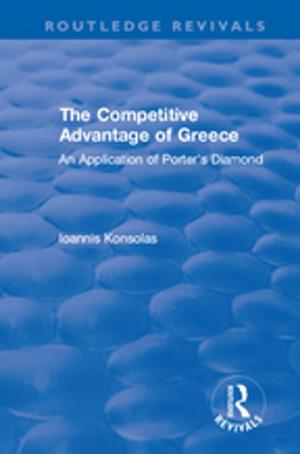Science, Politics and Business in the Work of Sir John Lubbock
A Man of Universal Mind
Nonfiction, History, Modern, 20th Century| Author: | Mark Patton | ISBN: | 9781317058892 |
| Publisher: | Taylor and Francis | Publication: | April 1, 2016 |
| Imprint: | Routledge | Language: | English |
| Author: | Mark Patton |
| ISBN: | 9781317058892 |
| Publisher: | Taylor and Francis |
| Publication: | April 1, 2016 |
| Imprint: | Routledge |
| Language: | English |
Sir John Lubbock (1834-1913), first Lord Avebury, was a leading figure in the scientific, political and economic world of Victorian Britain, and his life provides an illuminating case study into the ways that these different facets were interlinked during the nineteenth century. Born into a Kent banking family, Lubbock's education was greatly influenced by his neighbour, Charles Darwin, and after the publication of The Origin of Species, he was one of his most vocal supporters. A pioneer of both entomology and archaeology and a successful author, Lubbock also ran the family bank from 1865 until his death in 1913, and served as a Liberal MP from 1870 until his ennoblement in 1900. In all these roles he proved extremely successful, but it is the inter-relations between science, politics and business that forms the core of this book. In particular it explores the way in which Lubbock acted as a link between the scientific worlds of Darwin, Huxley and Tyndall, the political world of Gladstone and Chamberlain and the business world of Edison and Carnegie. By tying these threads together this study shows the important role Lubbock played in defining and popularising the Victorian ideal of progress and its relationship to society, culture and Empire.
Sir John Lubbock (1834-1913), first Lord Avebury, was a leading figure in the scientific, political and economic world of Victorian Britain, and his life provides an illuminating case study into the ways that these different facets were interlinked during the nineteenth century. Born into a Kent banking family, Lubbock's education was greatly influenced by his neighbour, Charles Darwin, and after the publication of The Origin of Species, he was one of his most vocal supporters. A pioneer of both entomology and archaeology and a successful author, Lubbock also ran the family bank from 1865 until his death in 1913, and served as a Liberal MP from 1870 until his ennoblement in 1900. In all these roles he proved extremely successful, but it is the inter-relations between science, politics and business that forms the core of this book. In particular it explores the way in which Lubbock acted as a link between the scientific worlds of Darwin, Huxley and Tyndall, the political world of Gladstone and Chamberlain and the business world of Edison and Carnegie. By tying these threads together this study shows the important role Lubbock played in defining and popularising the Victorian ideal of progress and its relationship to society, culture and Empire.















